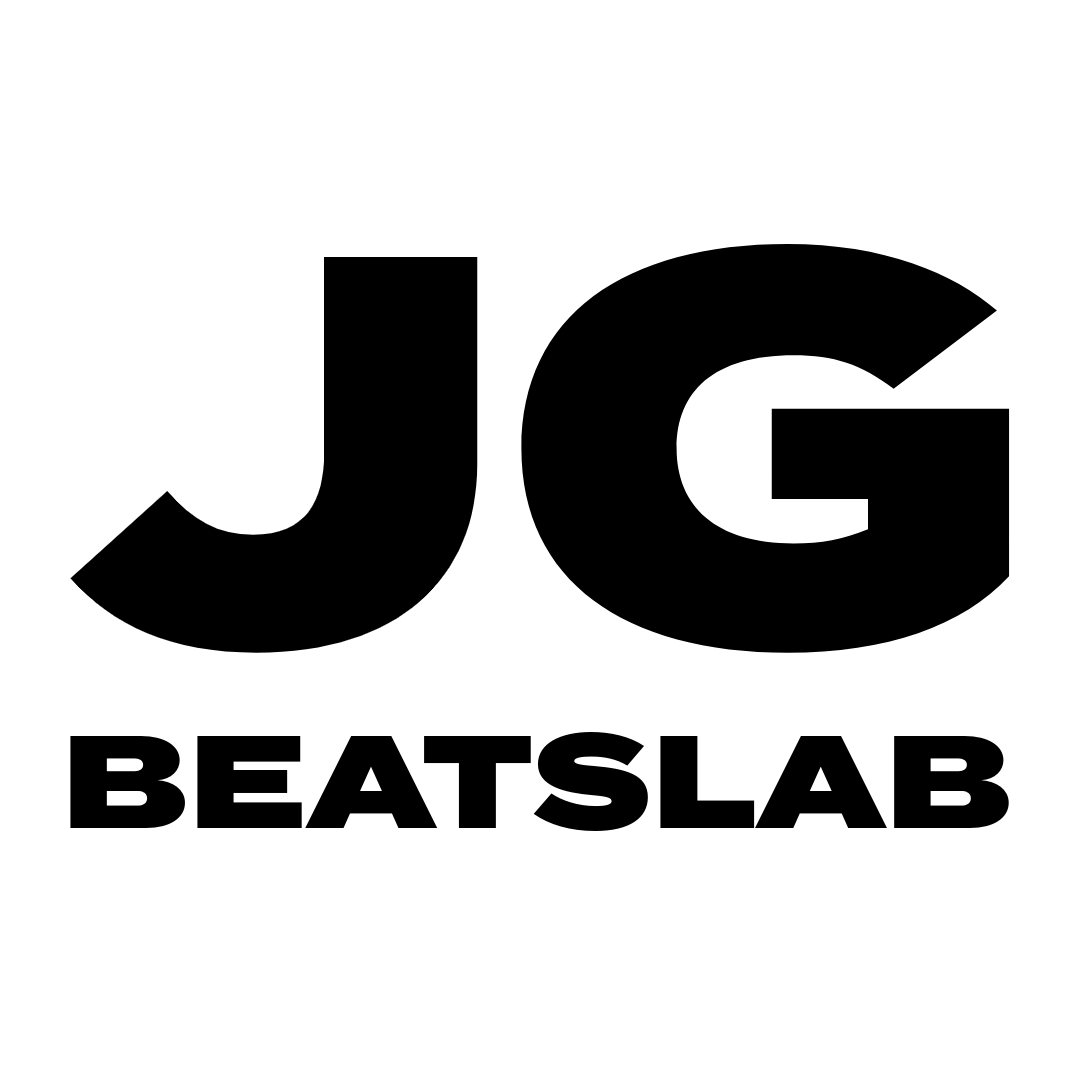On the Tip of the Spear: Why Industry Trolls Are Our Most Valuable R&D Data
As a "Public R&D Lab" building the future of the music business in public, we expect friction. It's a necessary and welcome part of the process. But lately, we've been receiving a new wave of troll comments across our channels.
This isn't a problem. It's a signal.
It's a sign that we are visible and that our work is touching a raw nerve in the industry. Our stance is simple: this is the cost, and the benefit, of being on the "tip of the spear." When you innovate out in the open, you become a lightning rod.
But we aren't just absorbing these hits. We are analyzing them. This isn't "hate mail"; it's a raw, unfiltered data stream that provides invaluable insights into our market and our strategy.
Here is our analysis of the data. To be clear, these are direct, verbatim quotes we have received.
Category 1: The Generic "Anti-AI" Noise
This first category is the baseline "thermal noise" of operating in a disruptive space. It's a gut-level, emotional reaction to the concept of AI itself, not a specific critique of our strategy.
The Data:
"TwatGTP" "clanker thanker wankers" "Fucking hilarious! This HAS to be joke right ? !"
The Analysis: This data validates our market positioning. It confirms that we have successfully and visibly placed ourselves at the exact center of the AI music disruption. This low-level noise, while hostile, is a key performance indicator. It proves our broadcast is being received.
Category 2: The Specific (and Valuable) Strategic Conflicts
This is where the real R&D begins. These comments provide high-resolution data on the specific philosophical and strategic friction points across all of our business pillars.
Data Point A (The "Anti-Education" Conflict - JGE Pillar): Comments left on posts about our educational products.
"You really made a book about Suno lol crazy smh" "For Fuck Sake ! Do you need a user guide for how microwave a TV dinner ?"
The Analysis: This is a fascinating new data stream. The hostility here is not just about AI, but about the democratization of knowledge about it. The "TV dinner" comment implies a core belief that these tools are so simple that any guide must be a scam. This is a crucial friction point for our JGE (Education) pillar, and it confirms the market need for guides that prove how deep, human-led strategy is the key, not just "pressing a button."
Data Point B (The "Authenticity" Conflict - Core Brand): A comment left on one of our strategic blog posts.
"Written by ChatGPT"
The Analysis: This is, in many ways, the most telling comment of all. In an article where we, as humans, are providing a nuanced analysis of AI, the user's only recourse is to accuse our human analysis of being AI-generated. This is a new, complex layer of brand confusion that validates our "Human+AI" philosophy. It proves that the market is already so confused that it cannot tell the difference, and that authenticity will be the single most important brand attribute moving forward.
Data Point C (The Genre & Brand Integrity Conflict - JGA/JGC Pillars): Comments on our AI-assisted artist (Jessa Wildfire) and our human-led band (Gillsaw).
"Not country- invent your own title to your style.." "What the fuck sounds like"
The Analysis: This data, combined with the "Authenticity" conflict, is the most crucial for our internal strategy. It proves the market cannot distinguish our human projects from our AI work. The "Not country" comment surfaces the philosophical debate about genre, while the incoherent "Gillsaw" comment proves the very definition of brand confusion. This data provides urgent validation for our recent strategic decision to "wall off" our different brand pillars to protect the integrity of all our assets.
Our Thesis: Don't Like AI? Beat AI.
This analysis leads us to our core conclusion. We are not interested in a race to the bottom.
Our position is clear: If people don't like AI music stealing the attention of listeners, then they just need to make more compelling music themselves. Don't like AI? Then beat AI.
We believe in a Human+AI model, and we also believe that AI as a tool fundamentally raises the bar for everyone. This friction, this competition, and even this hostility are not just data—they are the catalysts that will force the creation of better art.
We're not just talking about this; we're writing the playbook. We're on the tip of the spear. The only question is whether you'll be watching from the sidelines or joining the conversation.
What's your take? How do you think AI will redefine genre, and what's the right way for human artists to respond?
To see the exact methods we're using to build and manage these systems, check out our AI Business Process Guides.

